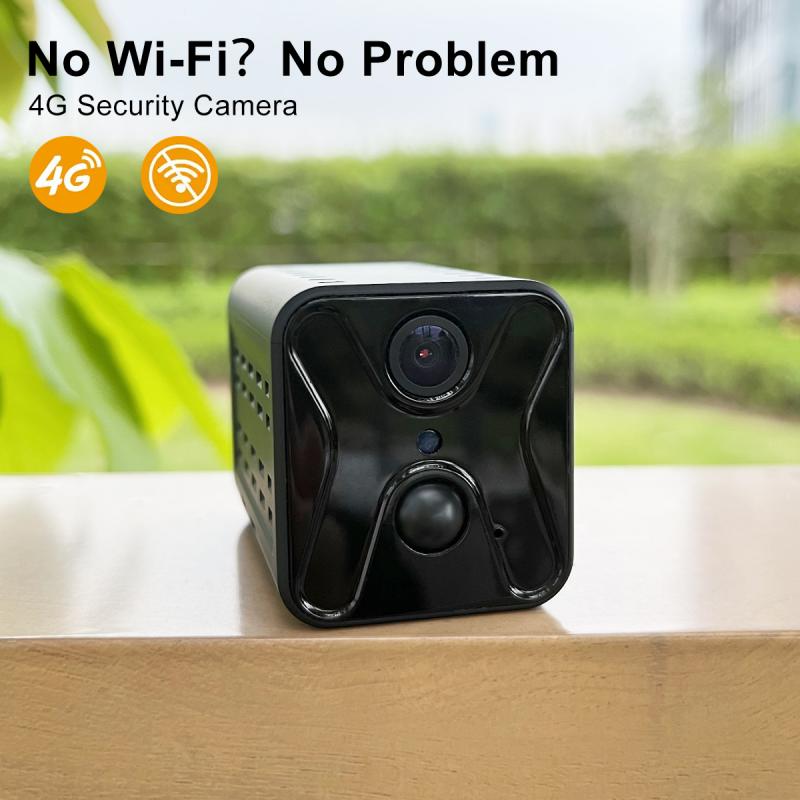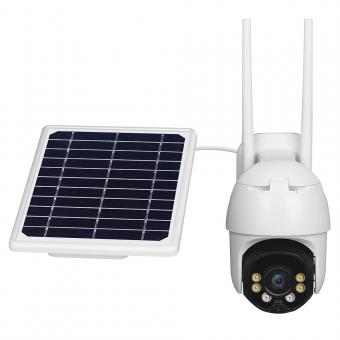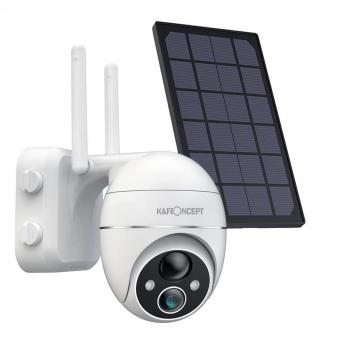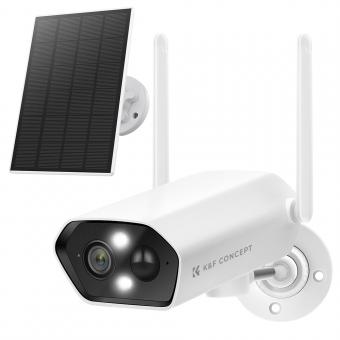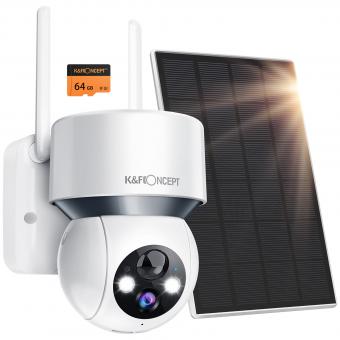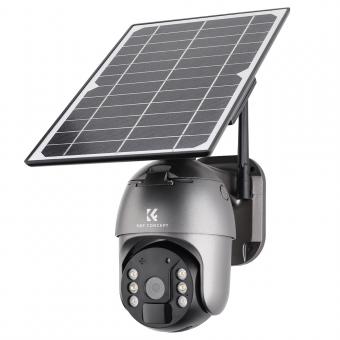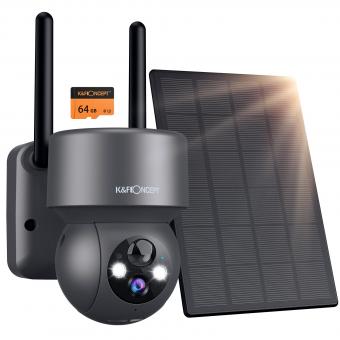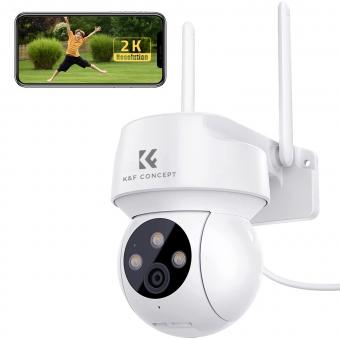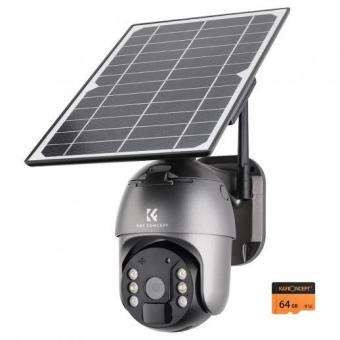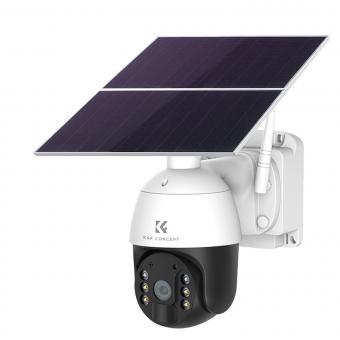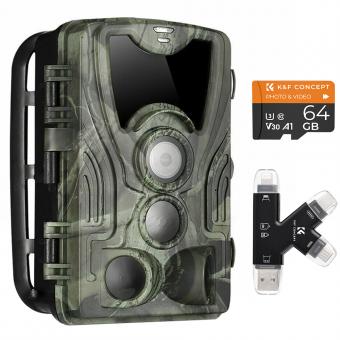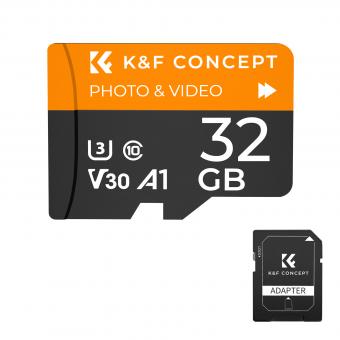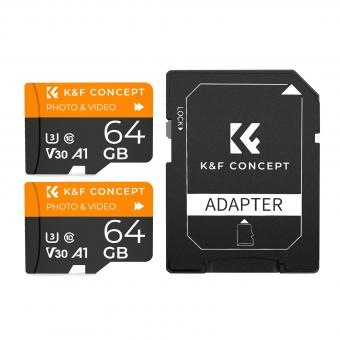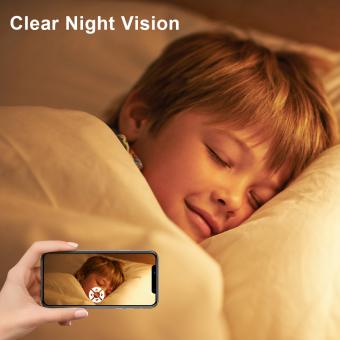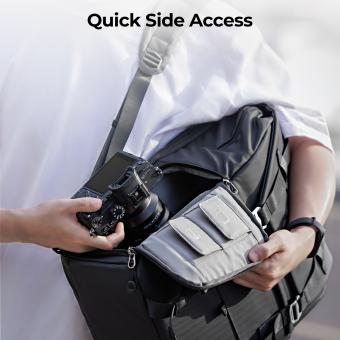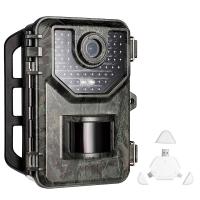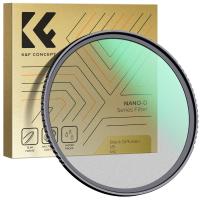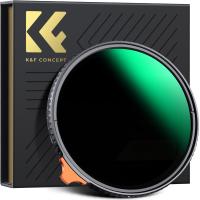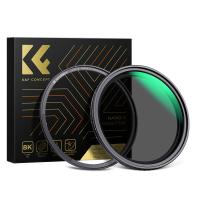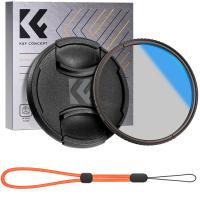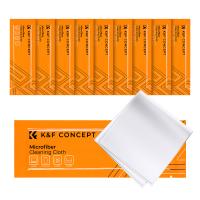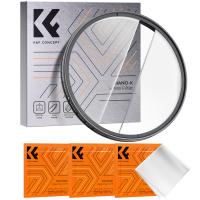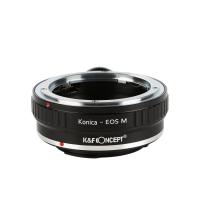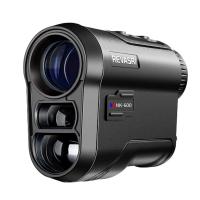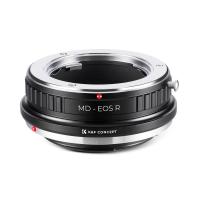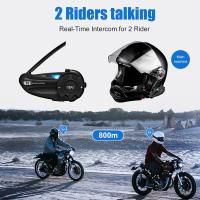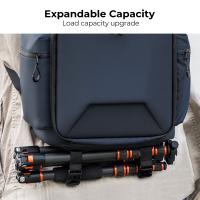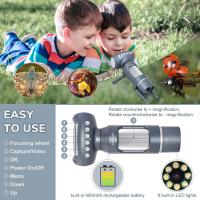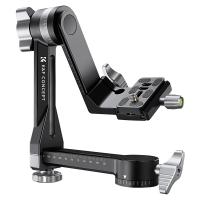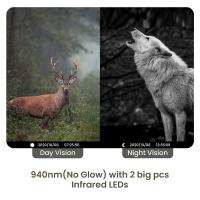Which Security Cameras Are The Best ?
The best security cameras vary depending on individual needs and preferences. Some popular options include the Arlo Pro 3, Nest Cam IQ Outdoor, Ring Stick Up Cam, and Wyze Cam Pan.
1、 Resolution: High-definition vs. standard-definition security cameras
When it comes to security cameras, the question of resolution often arises: should you opt for high-definition (HD) or standard-definition (SD) cameras? The answer depends on your specific needs and budget.
High-definition cameras offer superior image quality, with resolutions typically ranging from 720p to 4K. These cameras capture more detail, making it easier to identify faces, license plates, or other important details. They also provide better clarity in low-light conditions, thanks to advanced image sensors and infrared technology. HD cameras are particularly beneficial for large areas or locations where detailed monitoring is crucial, such as banks, airports, or retail stores.
On the other hand, standard-definition cameras have lower resolutions, usually around 480p. While they may not offer the same level of detail as HD cameras, they can still provide adequate surveillance for smaller areas or locations where high-resolution footage is not a priority. SD cameras are often more affordable, making them a suitable choice for budget-conscious individuals or businesses.
However, it's worth noting that the security camera industry is rapidly evolving, and HD cameras are becoming more accessible and affordable. With advancements in technology, the price gap between HD and SD cameras is narrowing, making HD cameras a more viable option for many.
Ultimately, the best security cameras depend on your specific requirements and budget. If you need detailed monitoring and can afford it, HD cameras are the way to go. However, if budget constraints are a concern, SD cameras can still provide adequate surveillance. It's always recommended to consult with a security professional to determine the best solution for your specific needs.
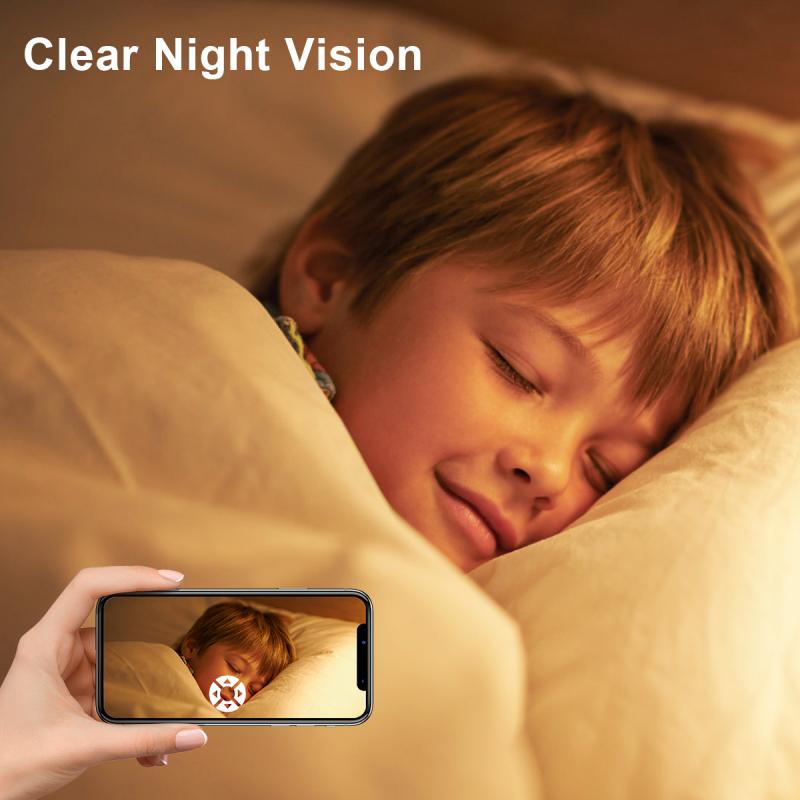
2、 Connectivity: Wired vs. wireless security camera systems
When it comes to security cameras, the question of which ones are the best depends on various factors, including connectivity options. One of the main considerations in this regard is whether to opt for a wired or wireless security camera system. Both options have their advantages and disadvantages, and the choice ultimately depends on individual needs and preferences.
Wired security camera systems offer a reliable and stable connection. They are typically more secure as they are not susceptible to interference from other devices or potential hacking. Additionally, wired cameras do not rely on Wi-Fi signals, ensuring a consistent and uninterrupted video feed. However, the installation process for wired systems can be more complex and time-consuming, requiring cables to be run through walls or ceilings.
On the other hand, wireless security camera systems offer greater flexibility and ease of installation. They can be easily mounted and moved around as needed, making them ideal for renters or those who frequently change their camera locations. Wireless cameras also eliminate the need for running cables, which can be a significant advantage in terms of convenience. However, they are reliant on a stable Wi-Fi connection, which can be affected by signal interference or range limitations.
In recent years, advancements in wireless technology have improved the reliability and performance of wireless security camera systems. The introduction of mesh Wi-Fi networks and the development of higher frequency bands, such as 5GHz, have helped mitigate some of the connectivity issues associated with wireless cameras.
Ultimately, the choice between wired and wireless security camera systems depends on factors such as the level of security required, the installation process, and the specific needs of the user. It is advisable to carefully consider these factors and consult with professionals to determine the best option for your particular situation.
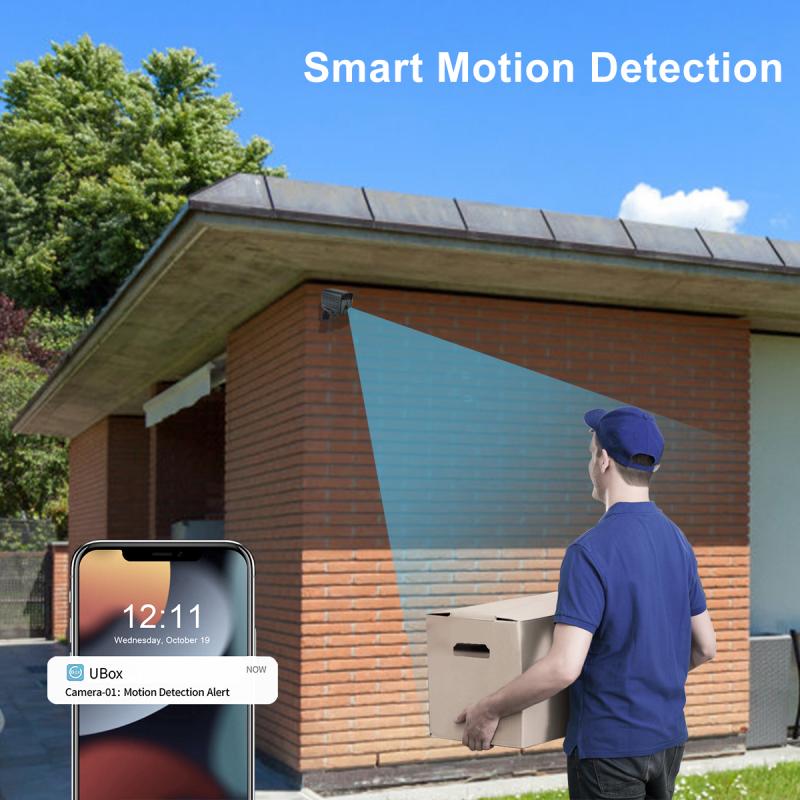
3、 Field of View: Wide-angle vs. narrow-angle security cameras
Which security cameras are the best?
The answer to this question depends on various factors such as the purpose of the camera, the location, and the budget. However, some of the best security cameras in the market are the Nest Cam IQ, Arlo Pro 3, and Ring Stick Up Cam.
The Nest Cam IQ is a high-end camera that offers excellent video quality, facial recognition, and intelligent alerts. It also has a built-in Google Assistant, making it a versatile device for home security.
The Arlo Pro 3 is a wireless camera that offers 2K video quality, color night vision, and a 160-degree field of view. It also has a built-in siren and two-way audio, making it an excellent choice for outdoor security.
The Ring Stick Up Cam is a budget-friendly camera that offers 1080p video quality, two-way audio, and customizable motion detection. It also has a wide range of accessories, making it a versatile device for home security.
Field of View: Wide-angle vs. narrow-angle security cameras
The field of view is an essential factor to consider when choosing a security camera. A wide-angle camera can cover a larger area, making it an excellent choice for outdoor security. However, it may not capture details as clearly as a narrow-angle camera.
On the other hand, a narrow-angle camera can capture details more clearly, making it an excellent choice for indoor security. However, it may not cover a large area, making it less suitable for outdoor security.
The latest point of view is that some cameras now offer adjustable fields of view, allowing users to switch between wide-angle and narrow-angle as needed. This feature provides users with more flexibility and control over their security cameras.
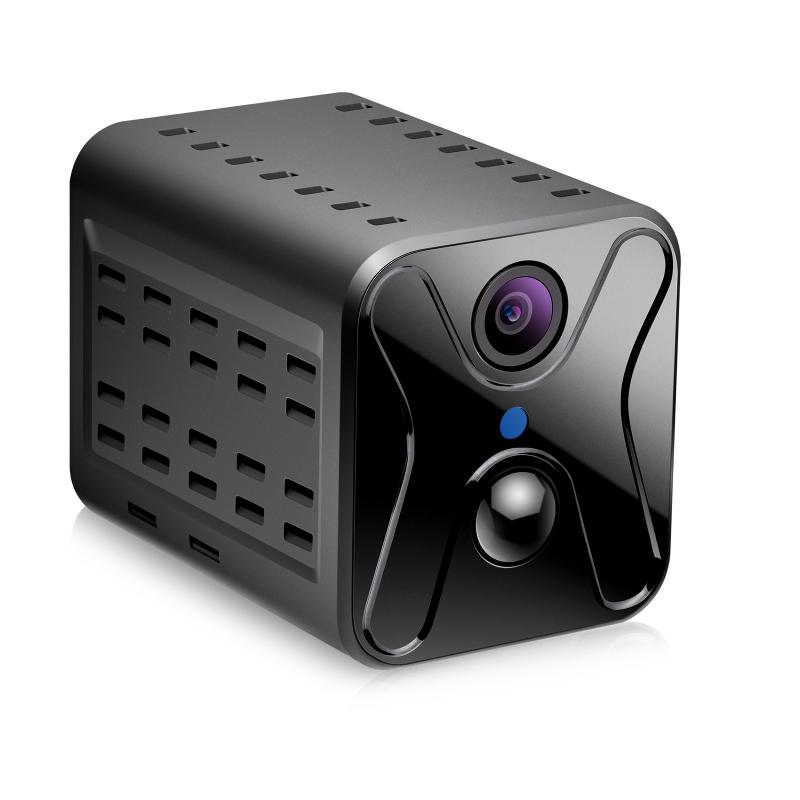
4、 Night Vision: Infrared vs. low-light security cameras
Which security cameras are the best?
The answer to this question depends on your specific needs and preferences. There are many different types of security cameras available on the market, each with its own set of features and benefits. Some of the most popular types of security cameras include dome cameras, bullet cameras, and PTZ cameras.
When choosing a security camera, it's important to consider factors such as resolution, field of view, and connectivity options. You should also think about whether you want a wired or wireless camera, and whether you need features such as motion detection or remote access.
One of the most important features to consider when choosing a security camera is night vision. There are two main types of night vision available: infrared and low-light. Infrared cameras use infrared light to illuminate the area being monitored, while low-light cameras use ambient light to capture images.
In general, infrared cameras are considered to be the best option for night vision. They are able to capture clear images even in complete darkness, making them ideal for outdoor surveillance or areas with little to no ambient light. Low-light cameras, on the other hand, may struggle in very dark conditions and may produce grainy or blurry images.
However, it's worth noting that advances in technology have made low-light cameras much more effective in recent years. Some newer models are able to capture clear images even in very low light conditions, making them a viable alternative to infrared cameras in some situations.
Ultimately, the best security camera for you will depend on your specific needs and budget. It's important to do your research and choose a camera that offers the features and performance you require.
